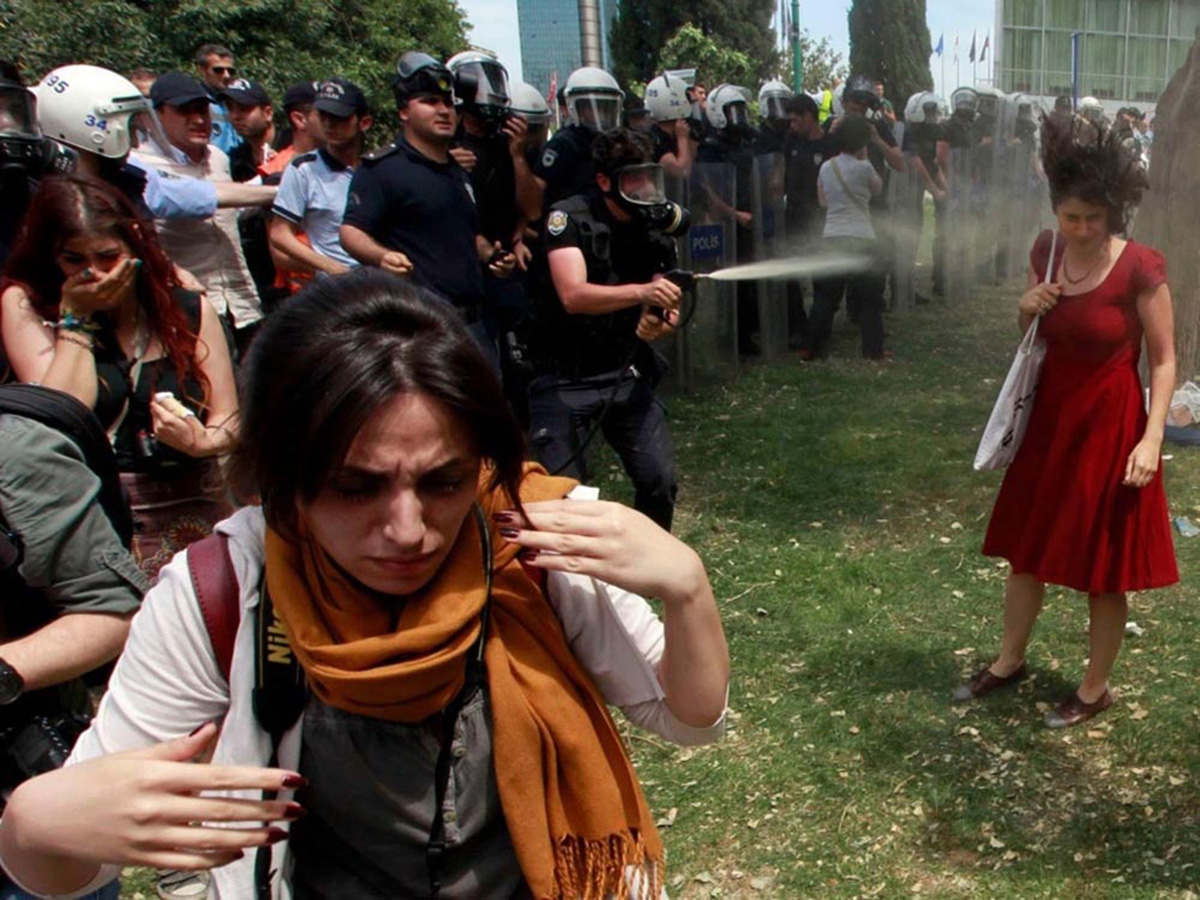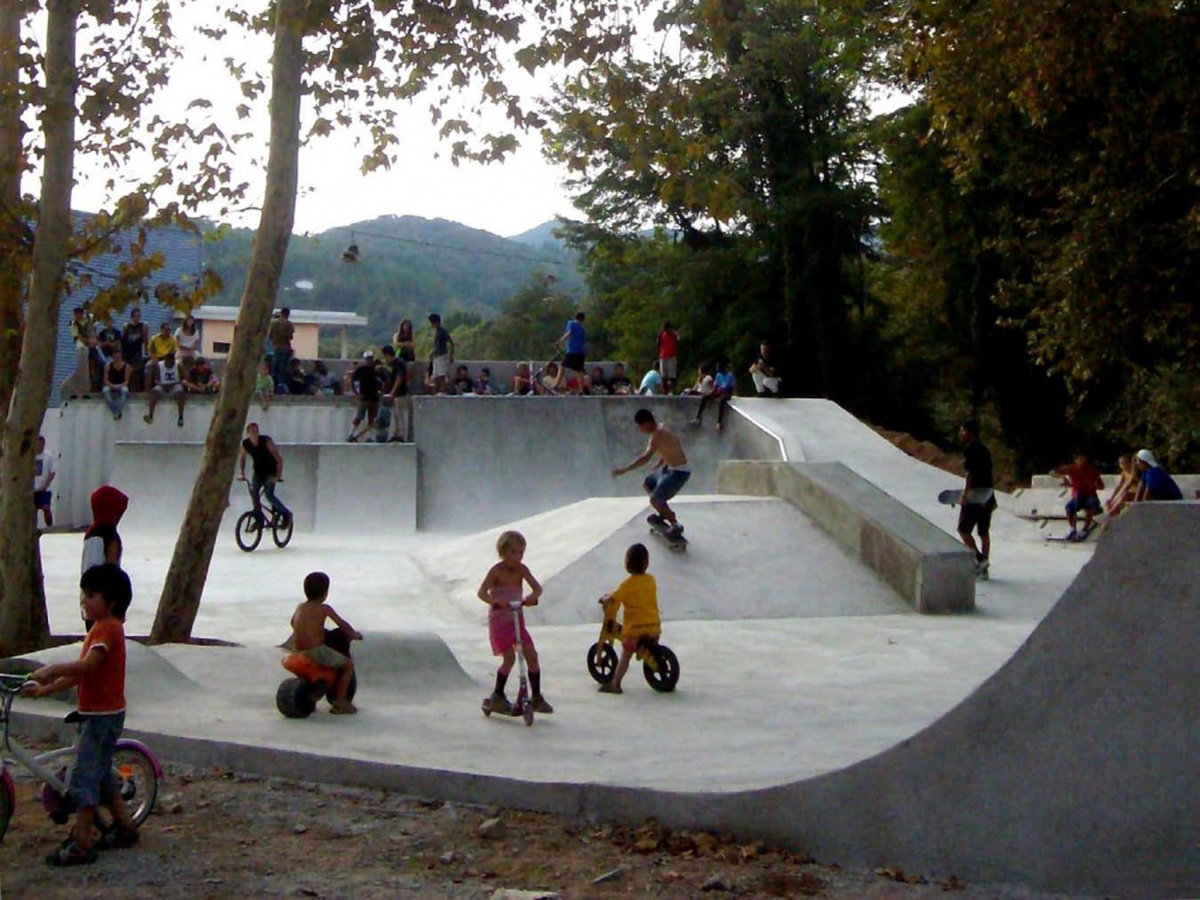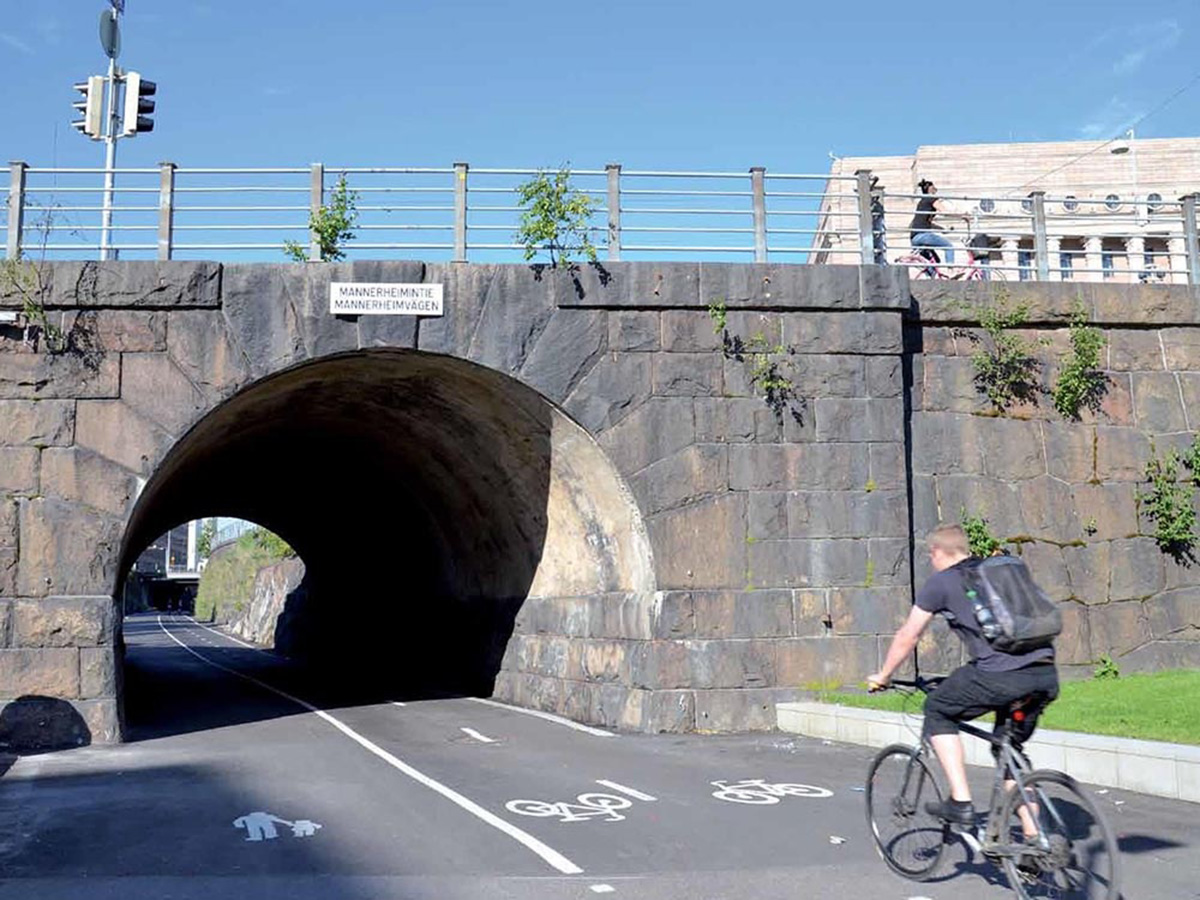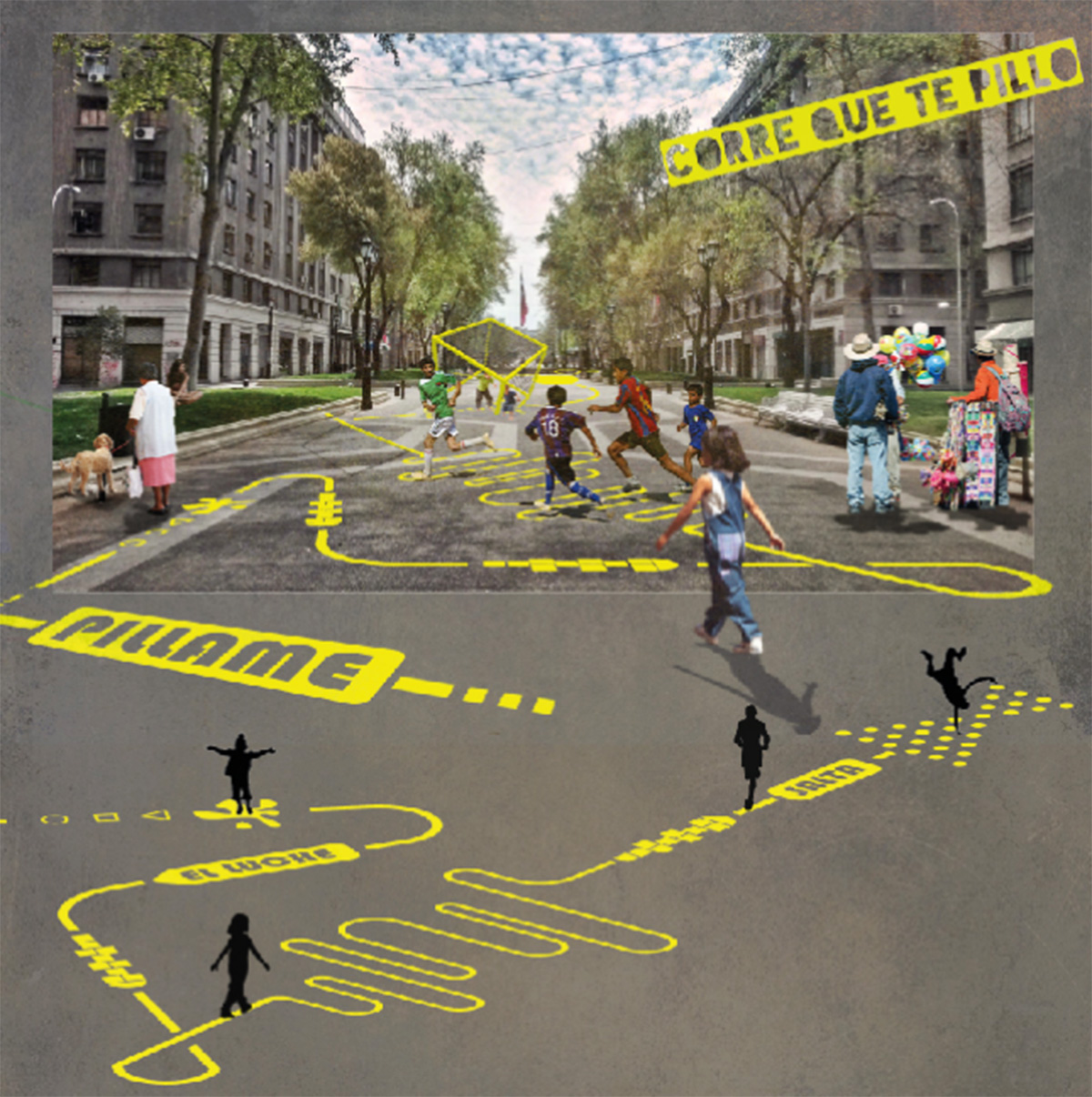Submitted by WA Contents
CCCB announces the 9th European Prize for Urban Public Space
Spain Architecture News - Dec 18, 2015 - 10:23 7129 views

Marseille Vieux Port designed by Foster and Partners. image courtesy of Foster and Partners.
The Centre de Cultura Contemporània de Barcelona (CCCB) announces the 9th European Prize for Urban Public Space, a biennial honorary competition created in 2000 to acknowledge the creation, recovery and improvement of public spaces, considering their condition to be a clear indicator of the democratic health of our cities. The 2016 Prize is looking for the best interventions in public space carried out in European cities in the course of 2014 and 2015.

The international jury, on this occasion presided by the architect Enric Batlle on behalf of the CCCB, is made up of Matevz Celik, Director of the Museum of Architecture and Design of Ljubljana, Hans Ibelings, a Dutch architecture historian and critic, Juulia Kauste, Director of the Museum of Finnish Architecture in Helsinki, Ewa P. Porebska, an architect and architecture critic from Warsaw, Francis Rambert, Director of the Institut français d’architecture in Paris, Peter Schmal, Director of the Deutsches Architekturmuseum in Frankfurt, Dietmar Steiner, Director of the Architekturzentrum Wien, and Ellis Woodman, Director of the Architecture Foundation in London.

''Occupy Gezi'', Istanbul, Turkey,2013. Finalist for 2014. The photograph of a policeman standing very near a young demonstrator in a red dress and aiming spray at her face was soon published all around the world, causing widespread indignation and making the “Woman in Red” famous as a leitmotif of the protest.
Entries may be submitted from 13 January to 22 February 2016.
Conditions of entry and all the information about participation in the Prize are available for consultation at www.publicspace.org.

The European Prize for Urban Public Space is an initiative of the Centre de Cultura Contemporània de Barcelona (CCCB), jointly organized with the Architecture Foundation (London), the Architekturzentrum Wien (Vienna), the Institut français d’architecture / Cité de l’architecture et du patrimoine (Paris), the Museum of Finnish Architecture (Helsinki), the Deutsches Architekturmuseum (Frankfurt), and the Museum of Architecture and Design (Ljubljana).

The Prize highlights the relational and civic nature of the typically urban European space, differing from other initiatives that centre on the figure of the architect and prizes awarded to landscape. It is the only European prize that addresses the concept of urban public space and champions a model of a public, open, universal, compact city that fosters mixed uses and community spirit.

“My Square Is My Garden”. “Play Tag” is the public space project which has won the Chile-wide competition “My Square Is My Garden”. The aim of the initiative is to gather ideas for improving the quality of life in neighbourhoods with an emphasis on harmonious coexistence. image courtesy of CCCB.
A European and social vocation
The Prize is characterized by its clearly European vocation. It preserves local regional particularities and highlights common features of urban development interventions the length and breadth of Europe in an attempt to promote and publicise a specific European identity in the field of architecture.
It aims primarily to showcase interventions in public space?large and small?that aspire to improve citizens’ living conditions, prioritizing initiatives and projects of a social nature over interventions with an emphasis on the aesthetic or the spectacular. It is awarded jointly to the designer and to the developer responsible for authorizing construction and guaranteeing financing.
In the course of its eight outings, this competition has become institutionally consolidated, gradually extending its geographical scope. To date, over 300 interventions from 30 different countries have been submitted to the Prize, making it a privileged showcase for the evolution of public space in Europe, acting as a gauge of the principal concerns of European cities.
> via cccb.org
